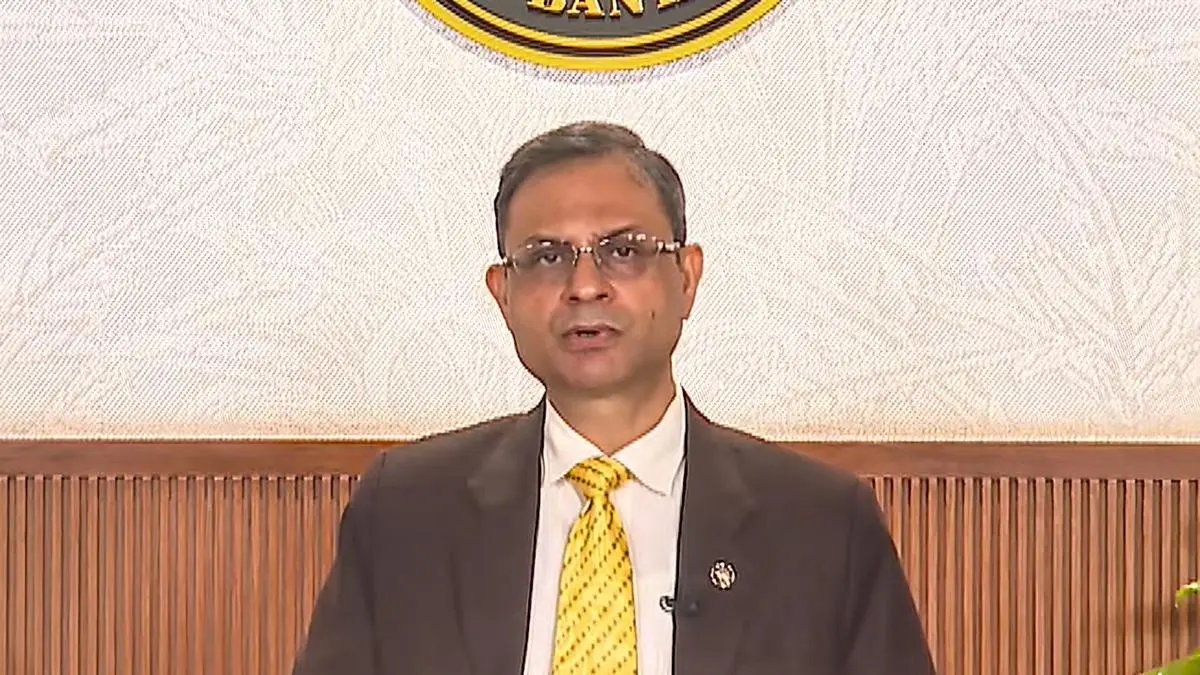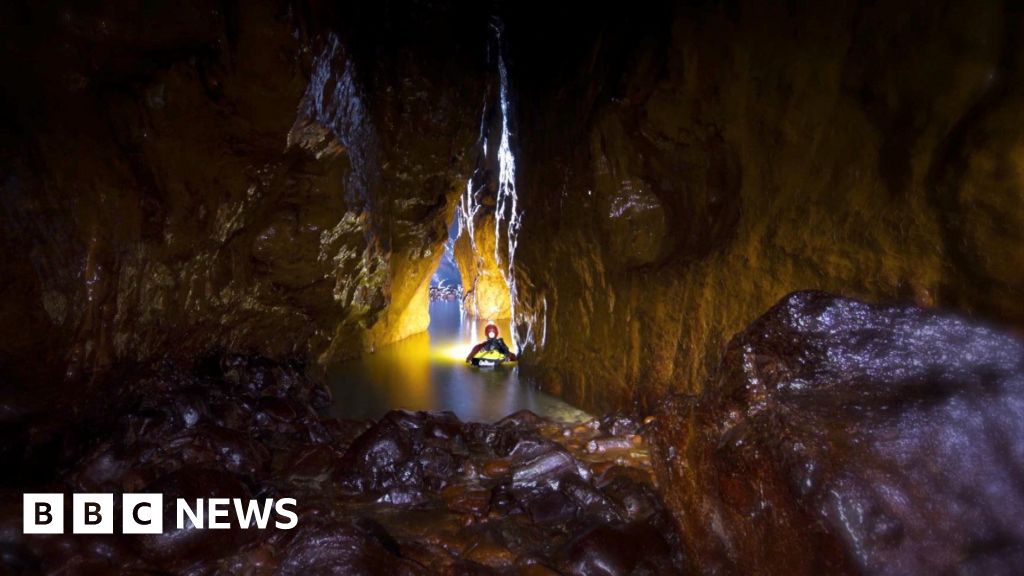Bay Area Air District Clamps Down on Wood Smoke, Introduces Stricter Air Quality Rules to Combat Health and Wildfire Risks
By Eric Tanaka
Copyright hoodline

The Bay Area Air District has tightened the noose on wood smoke emissions, as they approved key amendments to air quality regulations. This decision comes on the back of mounting concerns over health risks and wildfire hazards. According to an announcement by the agency today, the board ramped up rules regarding wood-burning devices and open burning, which are expected to result in a healthier atmosphere and bolster efforts against escalating wildfire threats, per details from the Bay Area Air District’s press release.
Under the revamped Wood-Burning Devices Rule, the Air District has dropped the threshold for what triggers a Spare the Air Alert down to 25 micrograms per cubic meter from the previous 35, an adjustment that’s going to lead to alerts being declared with greater frequency we are talking an estimated 19 to 41 times annually in contrast to the usual average of 15, as they vouch to shield residents from the pernicious grip of wood smoke, even at lesser concentrations. “With more protective standards in place, our communities will be healthier, and together we can reduce the pollution that harms our families and neighborhoods,” remarked Dr. Philip Fine, the Air District executive officer, per the Bay Area Air District’s press release.
Furthermore, amendments to the Open Burning Rule now see prescribed burn fees waived for land managers across the board, including nonprofits and private landowners. This is a strategic pivot from the prior practice that benefited only public agencies. This shift effectively breaks down fiscal barriers for utilizing controlled burns, a critical and proactive wildfire management technique.
Residents are reminded that using fireplaces, wood stoves, pellet stoves, and other wood-burning devices during such alerts is against the law, with few exemptions for certain heating necessities. Those eligible must possess an EPA-certified or pellet-fueled device registered with the Air District. This is a clear stance taken to dampen the instances of air pollution linked to a series of health concerns.



